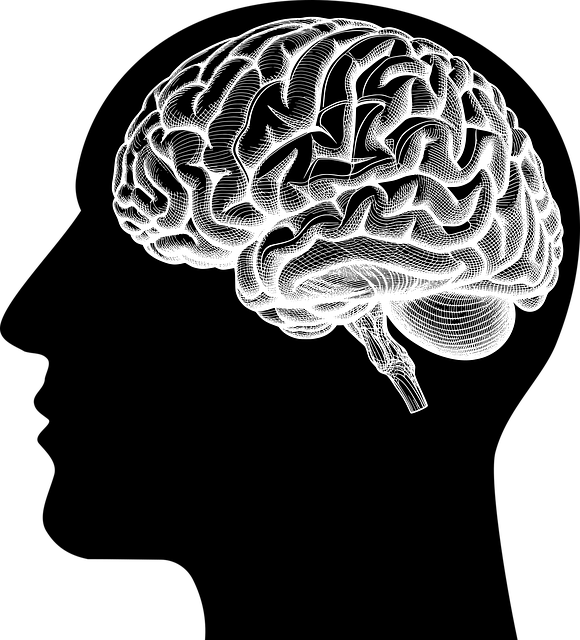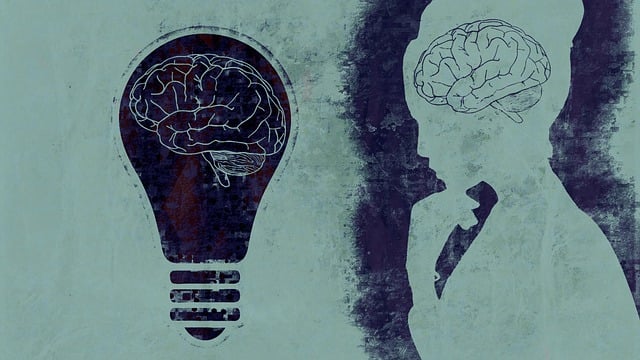Depression requires early detection and management, with Centennial Acceptance and Commitment Therapy (ACT) offering a promising approach. ACT teaches individuals to accept emotions without judgment, align actions with personal values, and practice mindfulness, fostering psychological flexibility. This method combines techniques like Mindfulness Meditation, goal-setting based on values, and social support to empower individuals in confronting challenges. Lifestyle changes, including exercise, healthy eating, and mindfulness exercises, are key to preventing depression, alongside building a strong support system. ACT initiatives promote shared experiences and collective support for better mental health outcomes.
Depression is a prevalent and serious mental health issue, but prevention strategies can be life-changing. This article explores three key approaches to combat depression before it takes hold. We delve into understanding its subtle signs and symptoms, highlighting the power of Centennial Acceptance and Commitment Therapy (ACT) as an evidence-based practice. Additionally, we uncover the impact of lifestyle adjustments and the vital role of support systems in fostering long-term mental well-being.
- Understanding Depression: Recognizing Signs and Symptoms
- The Role of Centennial Acceptance and Commitment Therapy (ACT) in Prevention
- Lifestyle Changes and Support Systems for Long-Term Mental Well-being
Understanding Depression: Recognizing Signs and Symptoms

Depression is a complex mental health disorder that affects millions worldwide. Understanding its subtle signs and symptoms is crucial for early detection and effective prevention. Many individuals might experience feelings of sadness, hopelessness, or loss of interest in activities they once enjoyed, but these could be fleeting or part of normal emotional fluctuations. However, when such symptoms persist for two weeks or more, it may indicate a deeper issue.
Centennial Acceptance and Commitment Therapy (ACT) offers valuable insights into managing depression. This approach encourages individuals to accept their emotions without judgment while focusing on living in accordance with personal values. By recognizing the early warning signs of depression, one can seek appropriate support, whether through self-care practices like regular exercise and mindfulness, empathy-building strategies for better social connections, or crisis intervention guidance when facing severe symptoms.
The Role of Centennial Acceptance and Commitment Therapy (ACT) in Prevention

Centennial Acceptance and Commitment Therapy (ACT) is emerging as a powerful tool in mental health prevention, particularly for depression. This therapeutic approach encourages individuals to cultivate mindfulness, accept negative thoughts and emotions without judgment, and commit to actions aligned with their values. By focusing on these core principles, ACT helps people develop psychological flexibility, enabling them to navigate life’s challenges more effectively.
ACT integrates various evidence-based practices like Mindfulness Meditation as a stress reduction method. It also emphasizes the importance of identifying personal values and setting meaningful goals. Through this process, individuals learn to respond adaptively to difficult situations instead of reacting impulsively or avoiding them altogether. This proactive approach can be particularly beneficial in mitigating depression risk, as it empowers individuals with skills to manage their mental health proactively. Moreover, professionals conducting Risk Assessment for Mental Health Professionals can incorporate ACT principles to better support clients and foster resilience.
Lifestyle Changes and Support Systems for Long-Term Mental Well-being

In the pursuit of long-term mental well-being, lifestyle changes play a pivotal role in depression prevention. Adopting a holistic approach that intertwines physical and mental health is essential. Regular exercise, for instance, has been shown to alleviate symptoms of depression by boosting brain chemistry and promoting the release of endorphins, nature’s natural mood elevators. Moreover, cultivating healthy eating habits can positively impact mood regulation by ensuring the body receives the necessary nutrients to function optimally.
Building a robust support system is another cornerstone of mental well-being. Social connections, whether through friends, family, or support groups, offer a safety net during challenging times. Engaging in practices like Compassion Cultivation and mindfulness exercises, popularized by the Mental Wellness Podcast Series Production, can foster understanding and self-compassion. Additionally, the power of shared experiences and collective support cannot be understated, as highlighted in various Mental Health Policy Analysis and Advocacy initiatives that promote Centennial Acceptance and Commitment Therapy (ACT). These therapies not only provide tools for managing depression but also encourage individuals to embrace values-driven actions, fostering a deeper sense of purpose and belonging.
In conclusion, preventing depression involves a multi-faceted approach. By understanding the signs and symptoms, adopting evidence-based strategies like Centennial Acceptance and Commitment Therapy (ACT), and making beneficial lifestyle changes with strong support systems, individuals can effectively promote long-term mental well-being. Integrating these strategies into daily life can foster resilience against depressive episodes, enabling folks to thrive with enhanced emotional flexibility and overall life satisfaction.














